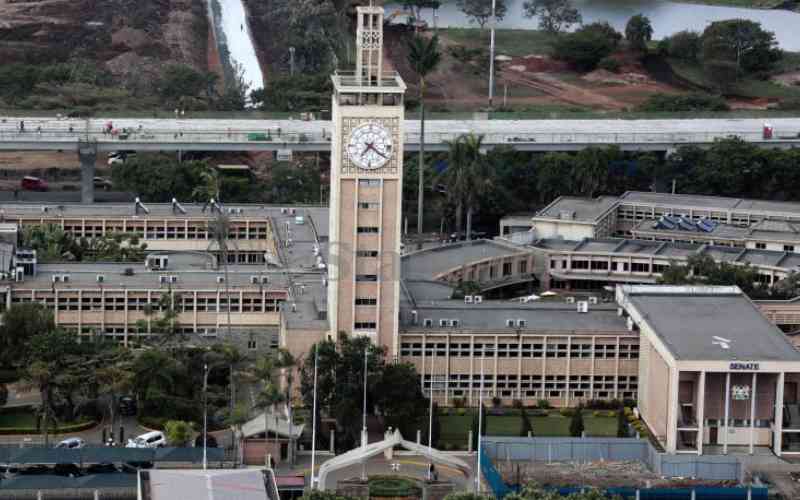×
The Standard e-Paper
Home To Bold Columnists

Traversing Kenya on a national campaign is a humbling and exhilarating experience.
You see the beauty of Kenya in its full splendour, the wealth of our country and the sheer poverty of some areas.